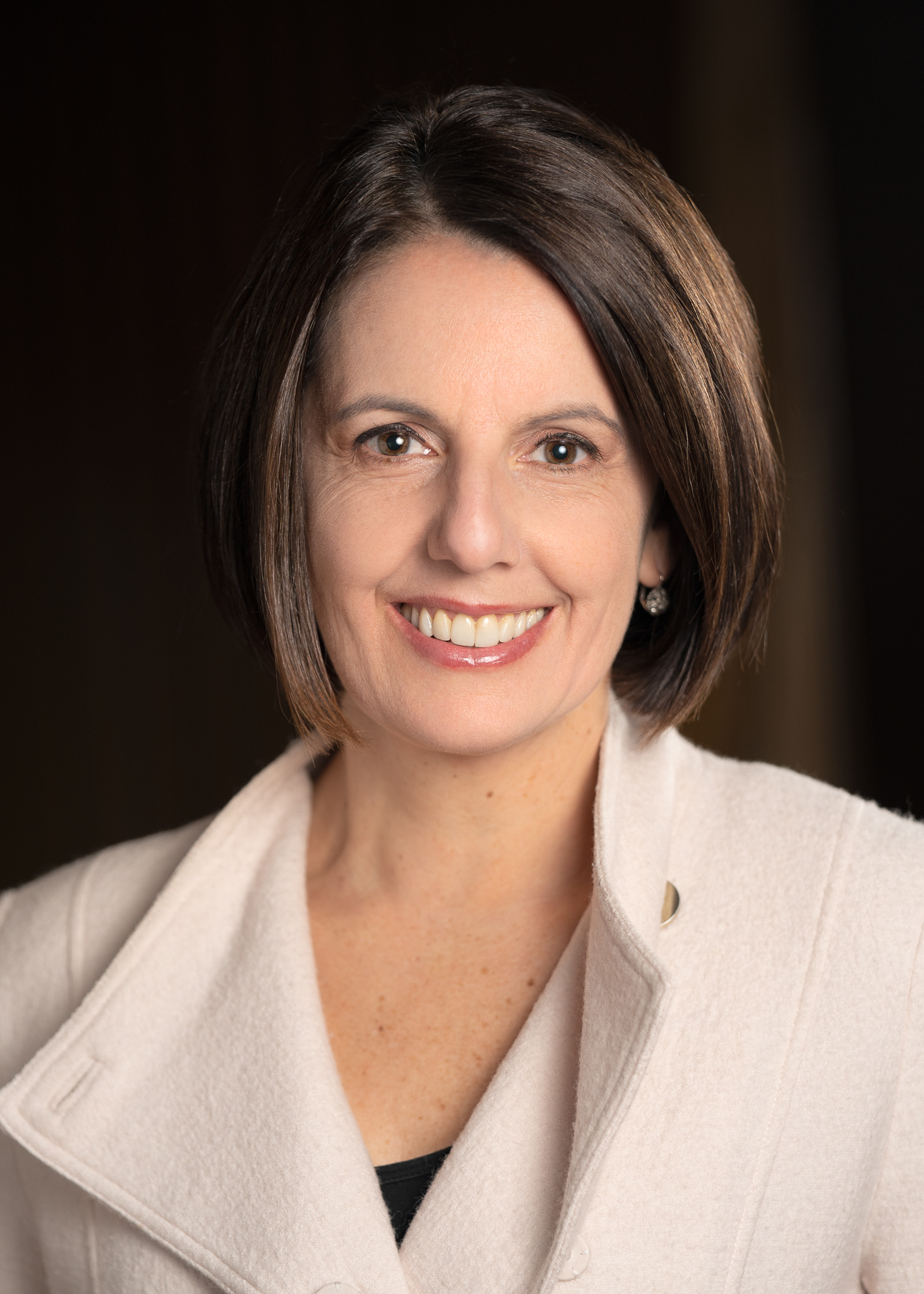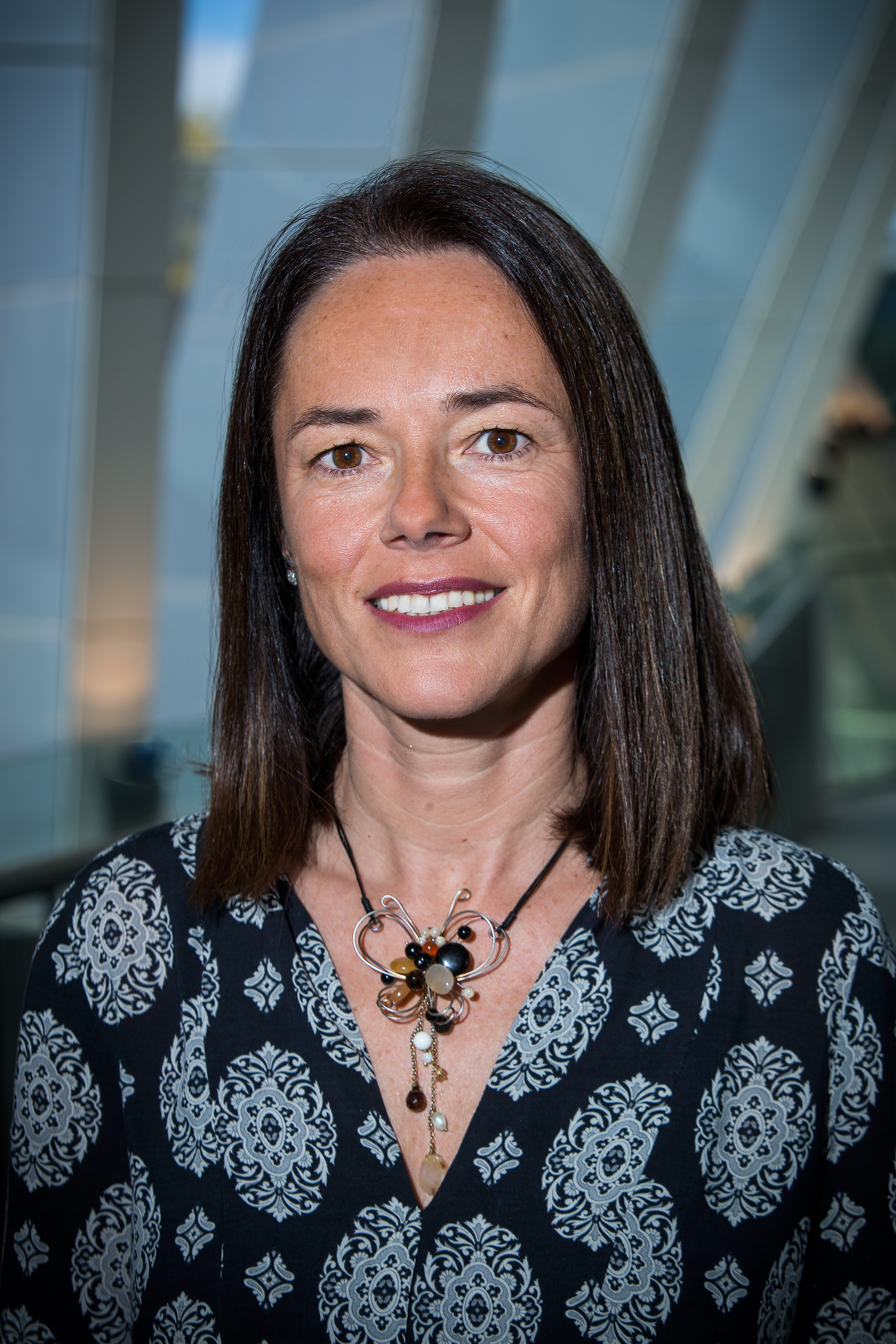Statement by Australian Academy of Science Chief Executive, Anna-Maria Arabia

In March last year, over a hundred eminent scientists, including several Nobel Laureates, signed a petition seeking the immediate release of Kathleen Folbigg. Many of those scientists are Fellows of the Australian Academy of Science.
Last year's petition was based on new medical and scientific evidence that came to light after the 2019 Inquiry. In particular, the new evidence dealt with the findings that Ms Folbigg's female children had a pathogenic genetic variant capable of causing cardiac arrest and death.
Given the complicated nature of this genetic evidence, the Australian Academy of Science last year offered to assist the Attorney General by making available scientific experts to advice on the new evidence.
Today's announcement by the Attorney General shows that he would prefer not to receive direct briefings and instead would rather have the evidence examined via another Inquiry.
While many Fellows of the Academy think there is overwhelming evidence to justify Ms Folbigg's immediate release, we respect the Attorney General's decision and the legal process he has decided on, which is to have a seond Inquiry.
The Academy welcomes the Attorney General's invitation to attend the new Inquiry.
The Academy intends to assist the Honourable Chief Justice Bathurst by making available suitable experts to advise on the medical, genetic, diary and probabilistic evidence. Given the complicated nature of the evidence, this will likely involve recruiting experts from around the world.
While the new genetic evidence in this case has already been peer reviewed by other scientists, the Academy appreciates that the legal community has its own methods for testing evidence.
The Academy will seek to facilitate that process as best it can and looks forward to receiving the draft terms of reference for the Inquiry from the Attorney General so it can assist in defining the scope of the Inquiry.
Statement by Australian Academy of Science Fellow Professor Carola Vinuesa

"It is disappointing, given the strength of the medical and scientific findings, that Ms Folbigg has not been granted a pardon. The evidence goes well beyond raising a reasonable doubt and instead provides the likely explanation for the natural deaths of Ms Folbigg's children.
"In 2019 we discovered the rare gene mutation in both Folbigg girls and in 2020 an international team of 27 scientists led by Danish Professor Michael Toft Overgaard demonstrated through biochemical testing that this mutation is pathogenic.
The mutation disrupts the normal heart rhythm and can cause sudden cardiac death. The first outward sign of the disease can be a child dying while they sleep. The biochemical testing showed that the effects of the variant found in the Folbigg family are as severe as those of other mutations that have led to sudden cardiac death in young children.
As there was never any evidence of child abuse, the most likely explanation for the deaths of Sarah and Laura Folbigg is that they died from a sudden cardiac arrest caused by the genetic variant they carried.
"The variant or mutation changes a protein called calmodulin that controls the way calcium enters and leaves heart cells. When mutations like this one occur, they can cause cardiac arrythmias that can lead to sudden death without warning.
"Sudden death in these cases can be triggered by infection or fever and there was evidence of infection in both Folbigg daughters.
"Mutations in the calmodulin genes have killed children in similar circumstances in the past. These deaths have been recorded in an international registry curated by the world leading expert in the genetics of cardiac arrythmias Professor Peter Schwartz. Mutations in calmodulin affecting heart rhythm are amongst the best recognised causes of sudden and unexpected death in children.
"Our findings have been endorsed by world-leading experts Professor Peter Schwartz and Professor Reza Razavi, and Australia's renowned cardiologist Professor Chris Semsarian.
"The genetic findings are also backed by two petitions totalling over 150 scientists and clinical practitioners including three Australian Nobel Laureates.
"Today's decision points to the need for Australia to build a more scientifically sensitive and informed legal system.
"It must be capable of understanding advances in science and able to apply appropriately the information to legal cases. This will help reduce the likelihood of others enduring the miscarriage of justice that Kathleen Folbigg continues to face."






